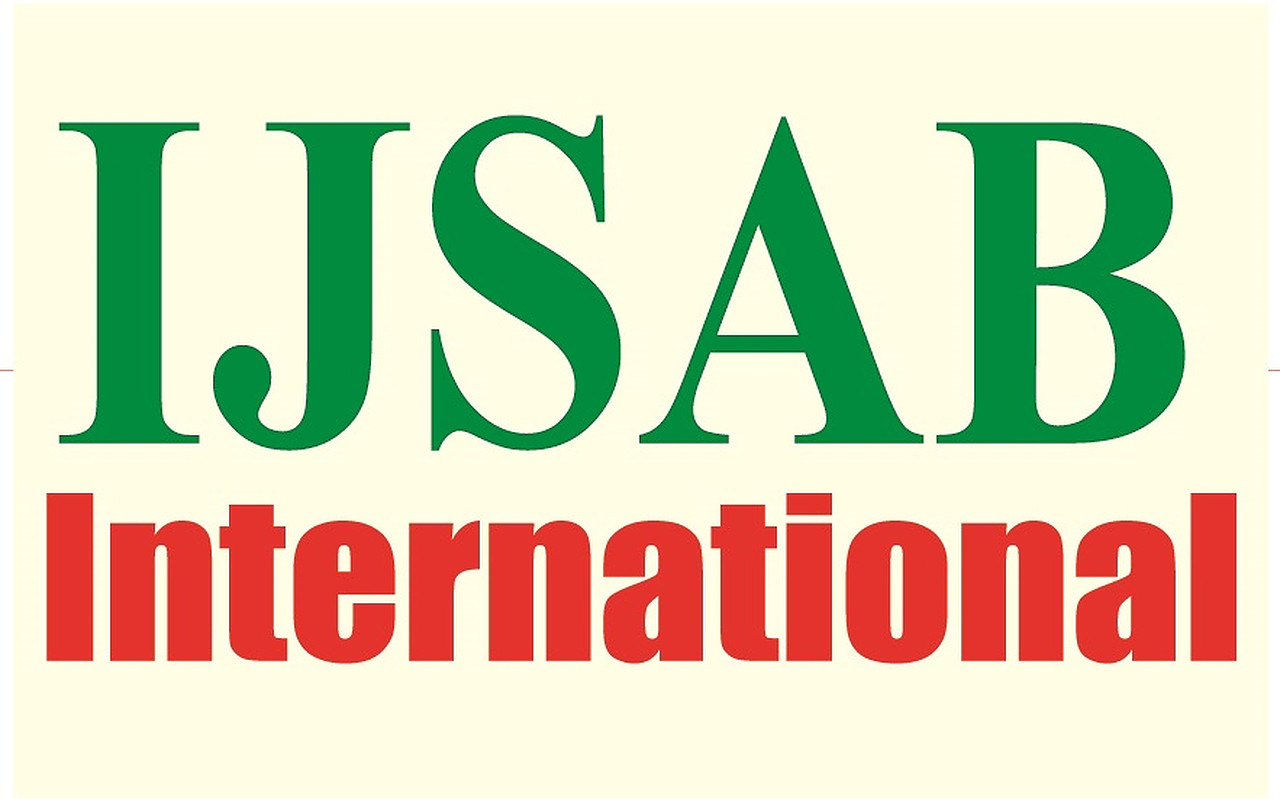
IJSAB International is committed to upholding the highest standards of publication ethics and preventing any form of misconduct or malpractice in scholarly publishing. Authors, reviewers, editors, and the editorial team are expected to adhere to the following ethical guidelines:
- Authorship and Originality: Authors must ensure that their submitted manuscripts are original works and have not been published elsewhere. Proper acknowledgment of sources and references is essential. All authors listed on a manuscript should have made significant contributions to the research and agree to its submission and publication.
- Plagiarism and Attribution: Plagiarism in any form is unacceptable. Authors should ensure that their work is entirely their own or properly attributed to the original sources. Verbatim copying of text, ideas, or images without appropriate citation is considered unethical. The permissible level of plagiarism is a maximum of 25%.
- Data Integrity and Fabrication: Authors must accurately present their research findings and provide reliable data. Any manipulation or falsification of data is considered unethical. Authors should disclose any potential conflicts of interest that may influence the interpretation of their research.
- Authorship Verification: Submission of a manuscript implies that all authors have reviewed and approved the final version of the manuscript and agree to its submission for publication.
- Peer Review Process: IJSAB International follows a rigorous peer review process to ensure the quality and integrity of published research. Reviewers are expected to provide objective and constructive feedback on the manuscripts they review. They should disclose any conflicts of interest and maintain confidentiality.
- Editorial Independence: Editors of IJSAB International are responsible for evaluating manuscripts based on their academic merit, relevance, and originality. Editorial decisions should not be influenced by factors such as the author’s identity, affiliation, or personal relationships.
- Conflict of Interest: Authors, reviewers, and editors should disclose any conflicts of interest that may influence their judgment or the interpretation of research findings. This includes financial interests, affiliations, or personal relationships that could be perceived as biased.
- Ethical Treatment of Subjects: Research involving human subjects must comply with ethical guidelines and regulations. Authors should provide evidence of ethical approval for studies involving human participants, and informed consent should be obtained from all participants. Any risk to participants should be minimized, and confidentiality should be maintained.
- Experiments on Animals: Research involving animals should adhere to ethical standards for the care and use of laboratory animals. Authors should provide evidence of compliance with relevant animal welfare regulations and guidelines. Procedures should be designed to minimize pain and distress to animals, and efforts should be made to reduce the number of animals used in research.
- Compliance with Legal Requirements: Authors should ensure that their research complies with all relevant laws and regulations, including those related to copyright, intellectual property rights, and data protection.
- COPE Code of Conduct and Best-Practice Guidelines: IJSAB International follows the Code of Conduct and Best-Practice Guidelines established by the Committee on Publication Ethics (COPE). We are committed to upholding the principles outlined in COPE’s guidelines for ethical publishing practices.
Violation of these ethical guidelines may result in appropriate actions, including rejection of manuscripts, retraction of published articles, or other sanctions deemed necessary by the editorial board. IJSAB International is committed to promoting integrity and transparency in scholarly publishing and will address any instances of misconduct or malpractice with the utmost seriousness.
